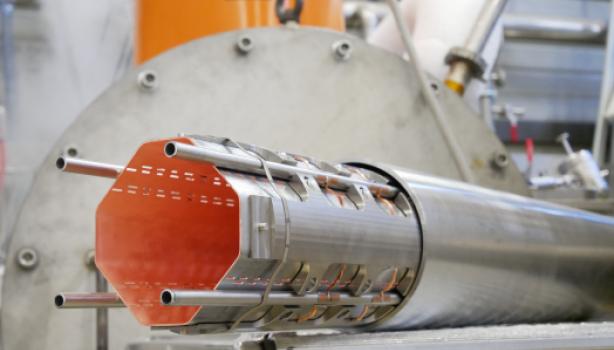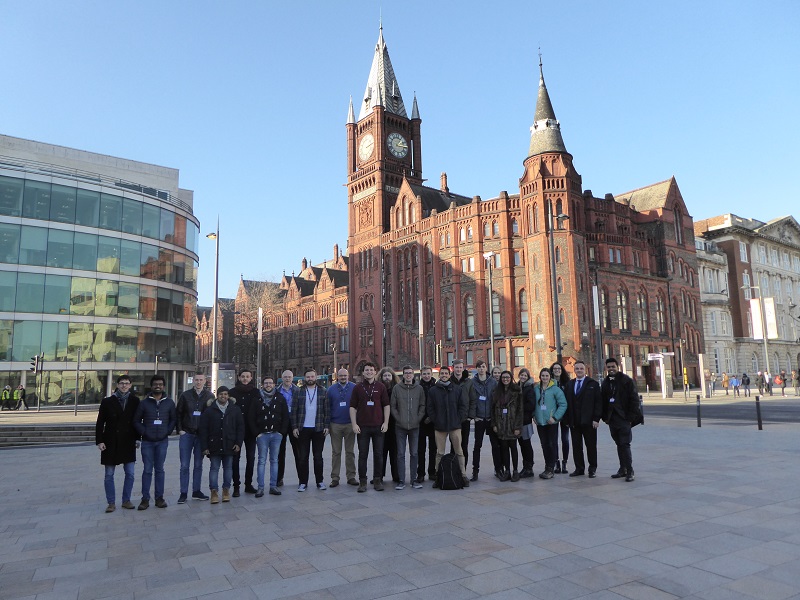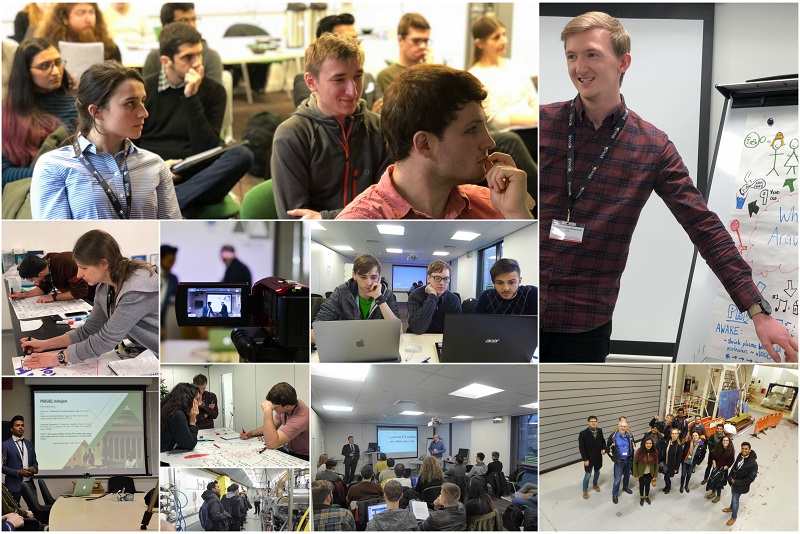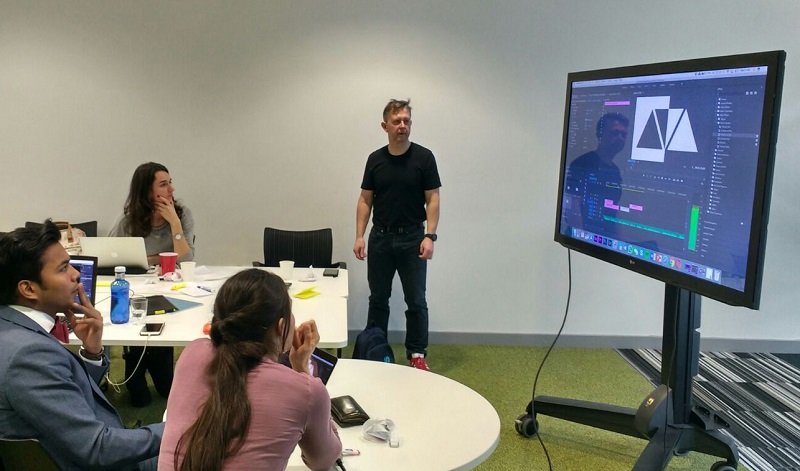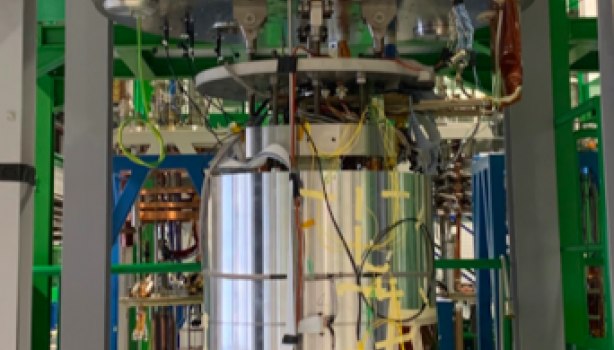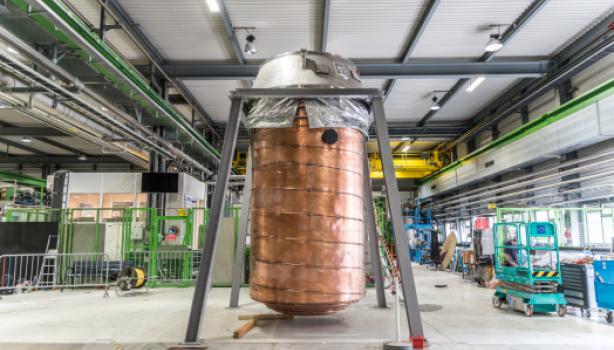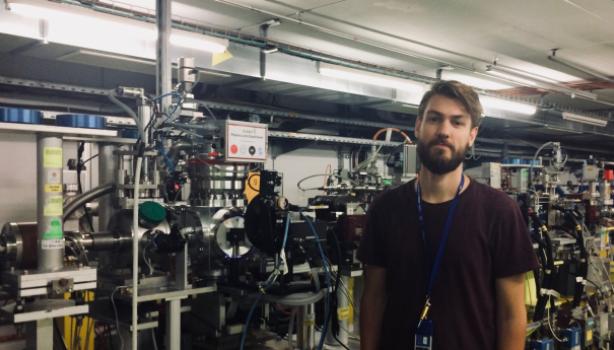Solving the mystery of the imbalance between matter and antimatter in the universe has been one of the greatest challenges in physics. Experiments using low energy antimatter give insight into some of the most fundamental questions in science. They allow probing symmetries and interactions in unprecedented detail. In order to perform these experiments, highly sophisticated facilities such as CERN’s antiproton decelerator rings AD and ELENA are required.
The Accelerators Validating Antimatter physics (AVA) project enables an interdisciplinary and cross-sector program on antimatter research. This project is an Innovative Training Network within the H2020 Marie Skłodowska-Curie Actions programme. The foundation of the AVA Network is the training and continued development of AVA Fellows who contribute to fundamental questions around antimatter.
The latest training, a week-long School on Precision Studies, was organised to take place in Prague (Czech Republic) at the end of March 2020. However, due to the travel restrictions in place as a result of the coronavirus pandemic it was no longer possible to hold this advanced school as planned. To keep a significant part of the school content, it was decided to run the meeting as an online event.
The virtual School was joined by more than 50 participants and saw lectures and topical talks given by world-leading experts. They presented the latest results in theoretical and experimental antimatter studies along with wider research in accelerator science and particle physics. The event started with a recap of the basics of beam handling and cooling techniques, instrumentation and particle trapping on the first day. This was complemented with an in-depth overview of the experimental programme at the Antiproton Decelerator (AD) facility at CERN where currently all of the low energy antimatter physics research is carried out. Presentations highlighted the state-of-the-art and the challenges associated with limited intensities, machine access and required precision.

The online school was joined by more than 50 participants. (Image credit: University of Liverpool)
The School continued by putting the AVA research programme into a wider context. This included ‘classic’ particle physics experiments, interferometry and quantum technologies. These talks helped understand the wider context in which precision studies are placed. Slides from all presentations, poster contributions and recordings from the talks can be viewed via the events indico page.
In the current landscape, connecting people online has become increasingly the norm. It allows continuity of meetings and events albeit in a different format. This presents an opportunity to overcome some of the challenges associated with remote working. The online format of this school successfully allowed interactive discussions benefiting from Zoom’s chat functionality. Whilst not a full replacement for the original school, the online event allowed speakers and participants to connect and share information in a way that was not done before within the AVA Network.
Professor Carsten P. Welsch, AVA Coordinator and Head of the Physics Department at the University of Liverpool (UK), said: “The presentations highlighted the current state-of-the-art in precision studies using low energy antimatter beams. They also clearly showed the numerous challenges from limited beam intensities, machine access and the required precision. The AVA research has helped significantly improve a number of key technologies for these studies and also paved the way for entirely new experiments. Whilst the School could not take the planned format on this occasion, it still offered an excellent opportunity for discussions and knowledge exchange.”
The invaluable help of FOTON and the Institute of Physics of the Czech Academy of Sciences for helping to organise the school is acknowledged.
Looking forward, the AVA Network will be co-organising the International Conference on Exotic Atoms and Related Topics, the 7th edition of the EXA conference series, which will take place in Vienna (Austria) next year. Latest news and information about upcoming events can be found on the AVA webpage.
The AVA project has received funding from the European Union’s Horizon 2020 research and innovation programme under the Marie Skłodowska-Curie grant agreement No 721559.
